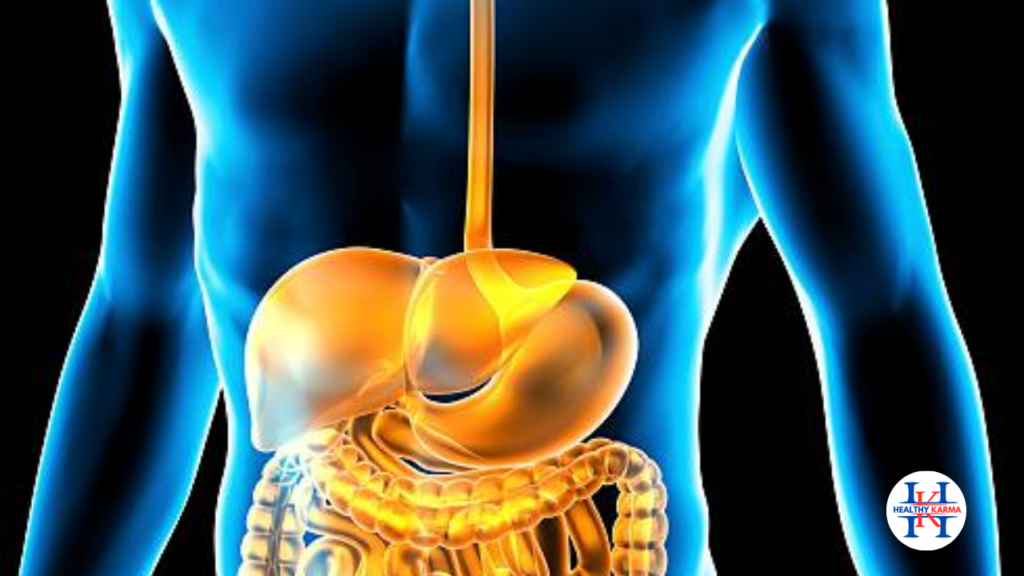
FROM DISCOMFORT TO DELIGHT: THE ULTIMATE ROADMAP TO DIGESTIVE WELLNESS
The human body by itself is a marvel by itself, containing numerous complex systems, one of them being the digestive system, that oversees transforming the food that we eat into fuel that runs the body’s other systems. As part of managing a healthy lifestyle, if this complex system gets disturbed, it causes discomfort that can range from mild annoyances to significant health concerns, impacting our daily lives.
Digestive disorders can be a real pain in the gut, literally. Whether you’re dealing with minor concerns like bloating, constipation, diarrhoea, or more severe conditions like irritable bowel syndrome (IBS) or Crohn’s disease, managing digestive wellness in a positive manner can greatly impact your quality of life.
However, with the right knowledge and approach about lifestyle management and understanding your body in a better manner, you can take control of your digestive health and start feeling better. In this comprehensive guide, we’ll explore everything you need to know about digestive disorders, from understanding the causes to discovering easy-to-digest foods that can help alleviate symptoms and promote gut health.
UNDERSTANDING DIGESTIVE DISORDERS FOR maintaining DIGESTIVE WELLNESS
Irritable bowel syndrome (IBS)
Irritable bowel syndrome (IBS) is a common condition in the body that is caused due to altered bowel movements in the body that is characterized by abdominal discomfort. Recent medical research shows that many symptoms of IBS are related to increased hypersensitivity levels of the nerves that are found in the wall of the gastrointestinal tract.
Those suffering from the condition of IBS may experience abdominal discomfort in different ways, such as sharp pain in the stomach, cramping of the muscles around the stomach, bloating, feeling of fullness in the body, sometimes even without eating, or even experiencing severe burning sensations in the areas around the lungs and the stomach.
IBS is basically related to lifestyle habits that include dietary habits. It may be triggered by eating specific types of foods, overeating, emotional stress, constipation, or even diarrhoea. The other possible reasons could also be due to an intolerance to certain types of food, food sensitivities, or even gut bacterial imbalances in the body.
The FODMAP Advantage
A low-FODMAP diet can be significant for those who suffer from IBS. This dietary approach restricts certain types of carbohydrates that can ferment in the colon, which leads to gas, bloating, and other symptoms. Following a FODMAP diet for a person suffering from IBS helps manage the levels of digestive wellness in the body in a better manner.
Recognize Your Food Triggers
As every individual one of us has distinct digestion demands. Pay attention to how your body responds to different foods. Limit spicy or fried foods, alcohol, and caffeine if they cause stomach problems.
The FODMAP Advantage
A low-FODMAP diet can be significant for those who suffer from IBS. This dietary approach restricts certain types of carbohydrates that can ferment in the colon, which leads to gas, bloating, and other symptoms. Following a FODMAP diet for a person suffering from IBS helps manage the levels of digestive wellness in the body in a better manner.